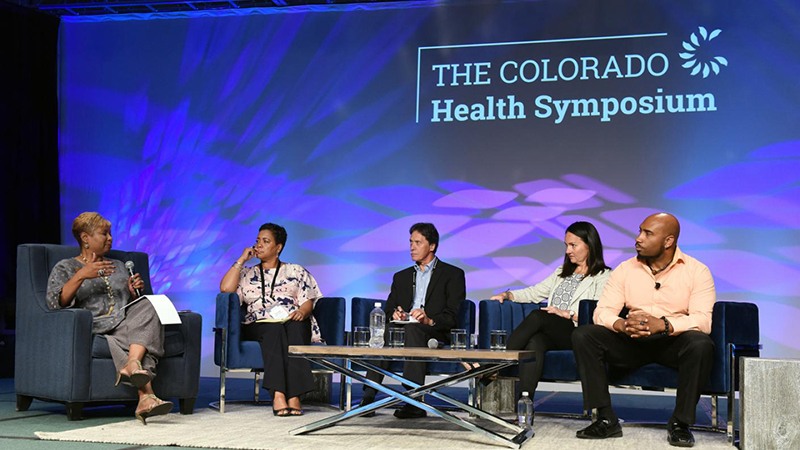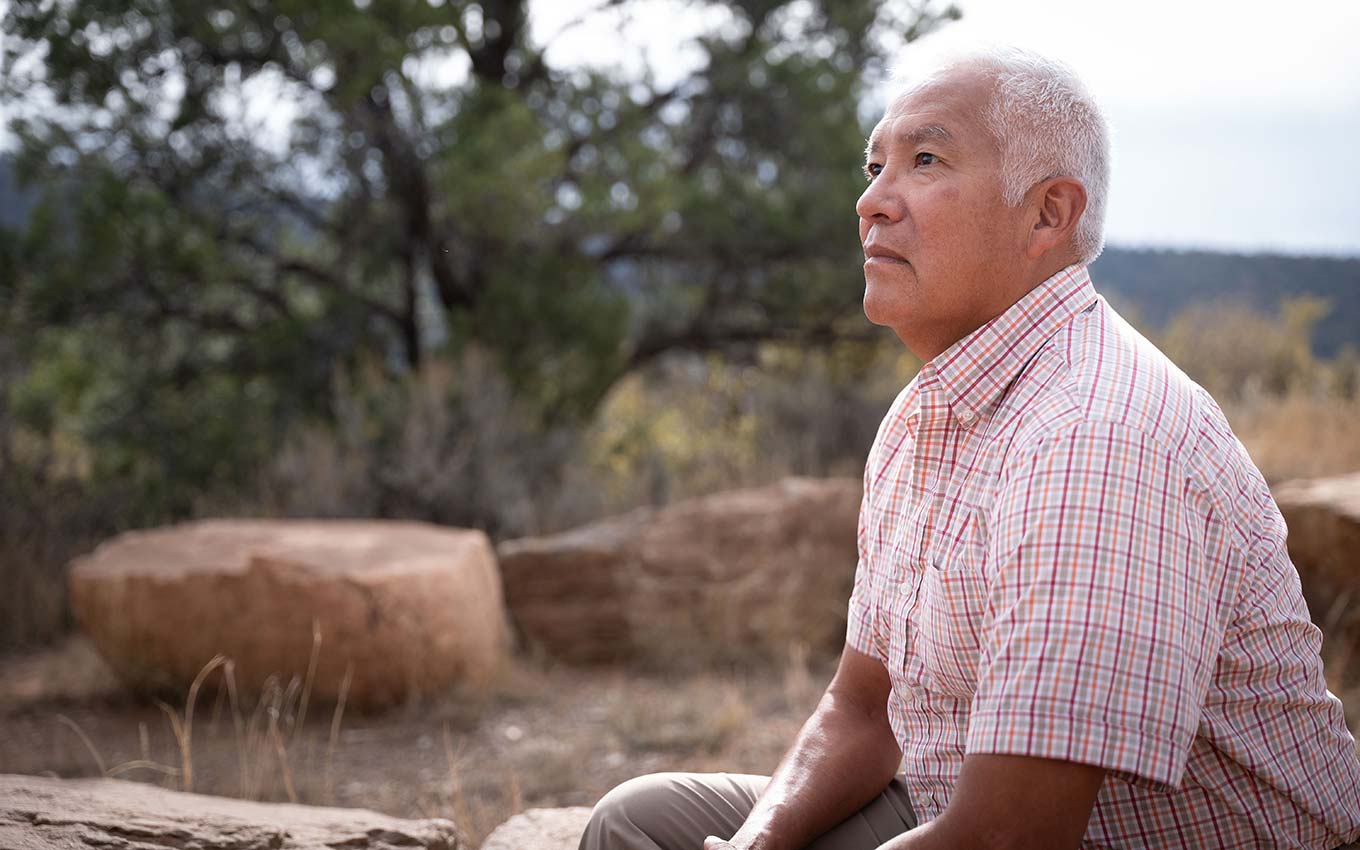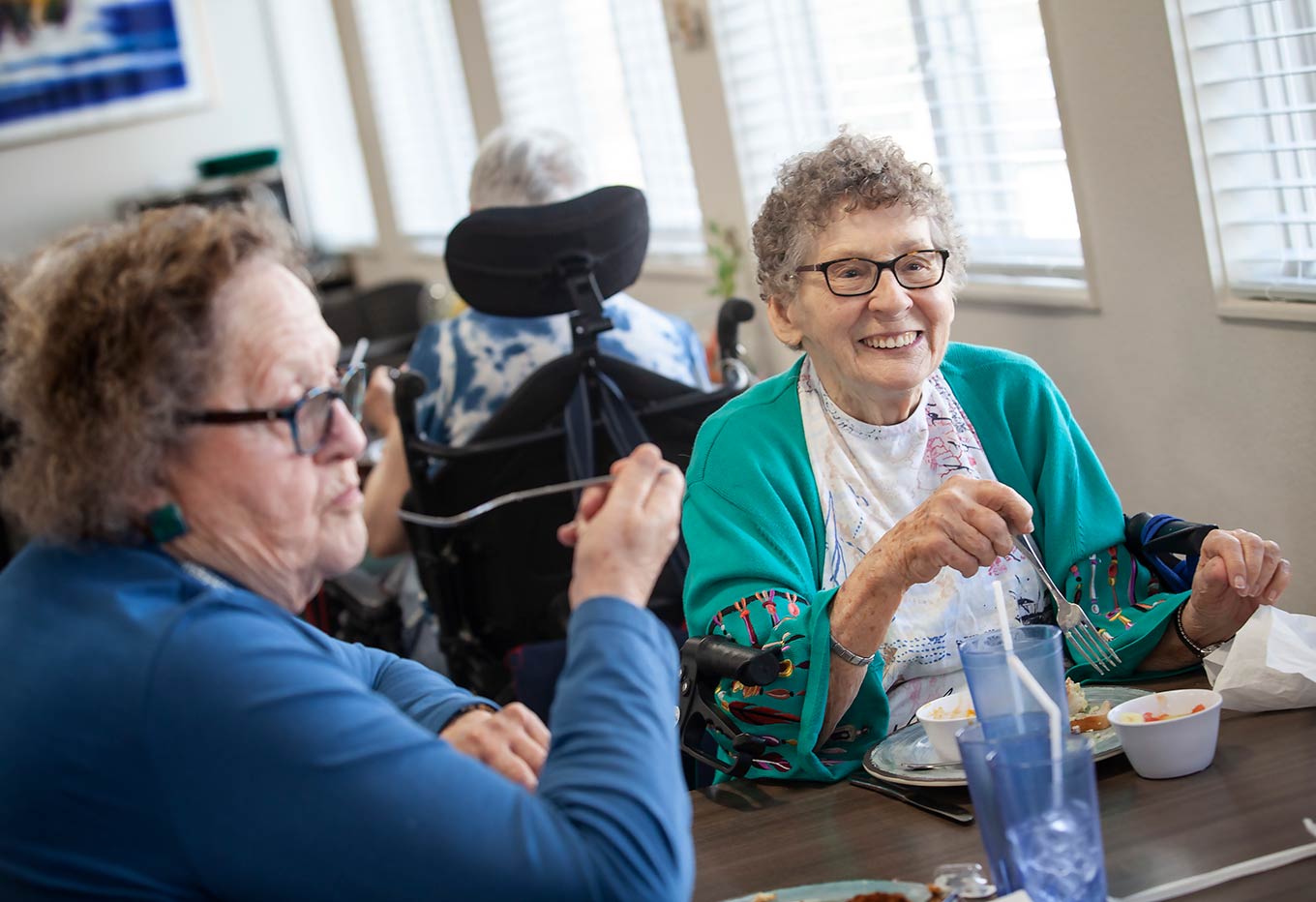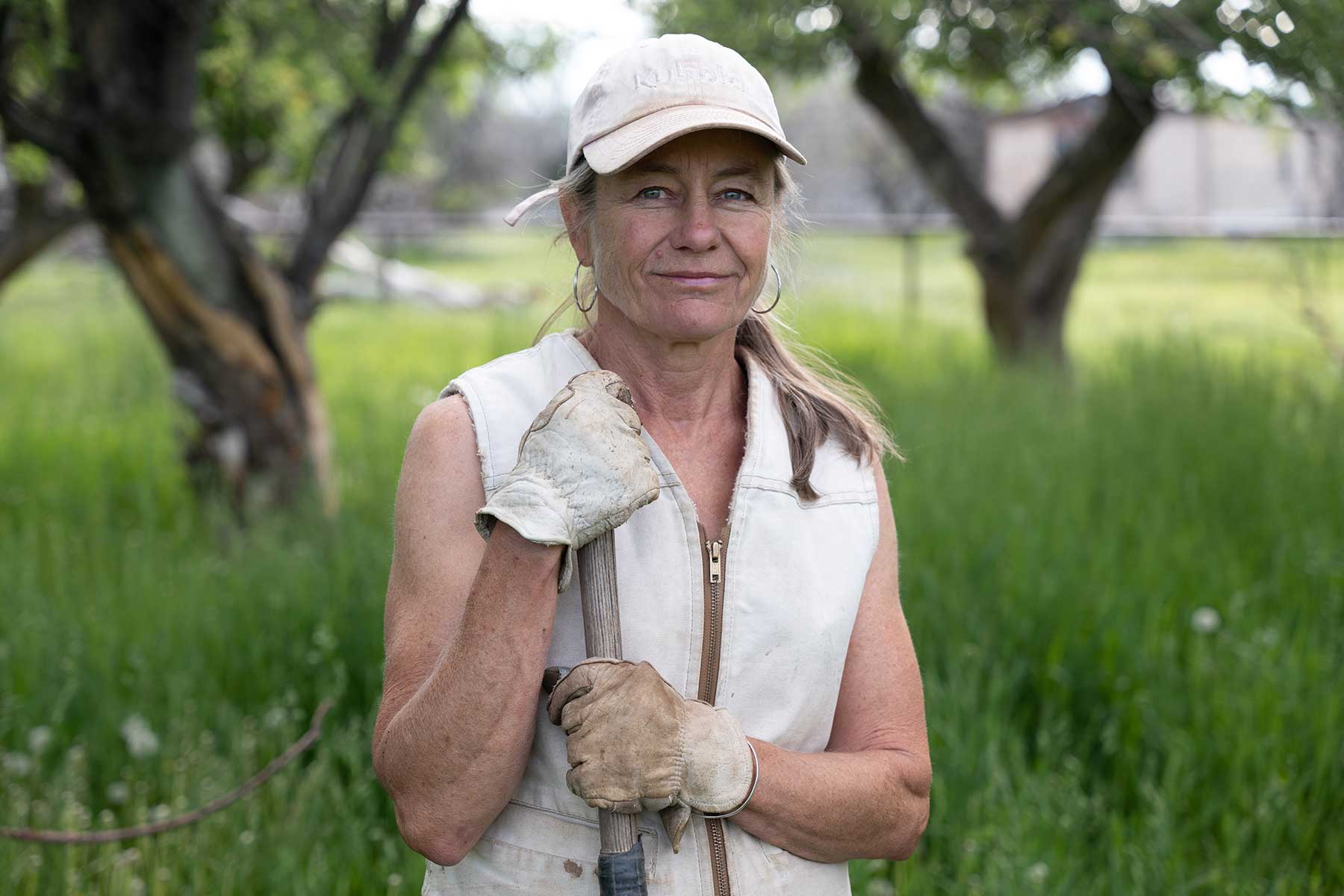The U.S. and the state of Colorado are more racially diverse than ever. Thirty years from now, it’s expected that fewer than half of Americans will be white, according to Manuel Pastor, PhD, director of the program for environmental and regional equity at the University of Southern California, citing census data. What’s driving this change isn’t immigration but births; people of color are younger, on average, than whites, and that gap is growing.
Does this mean that we’re headed inevitably toward a post-racial America?
Not remotely.
The demographic changes come at a time of growing inequality. Median income has stagnated, while economic gains have accrued increasingly to the rich. At the same time, a racial wealth gap has calcified, leaving most black families with just six cents to the dollar of the wealth of the average white family. Race continues to be a strong predictor of health outcomes like heart disease, diabetes and early death—even after taking income and education out of the picture, said Darrick Hamilton, PhD, an economist at The New School.
These inequities are hurting all of us, said Pastor. The Cleveland Federal Reserve has found that income equality and racial inclusion are needed for strong economic growth. The International Monetary Fund has noted that deeply unequal countries cannot sustain economic health.
“Equity requires that we talk about race frankly,” said Pastor, adding: “It’s going to be an uncomfortable conversation.”
Pastor and Hamilton were among the first speakers at the Colorado Health Symposium, an annual summer gathering of health policy experts, health workers and policy makers convened by the Colorado Health Foundation. The foundation recently shifted its objective to focus more specifically on narrowing gaps in health outcomes, and the conference this year aimed to further a conversation about the inequities and injustices at the root of persistent disparities in the life expectancy and health of Americans.
Audience members were invited to submit their questions, and early on, a theme emerged: Why the focus on race? Weren’t there other inequities that deserved attention? What about poverty among rural whites? What about LGBT rights?
These aren’t new questions. Since The Colorado Trust started working exclusively on addressing health equity in 2012, we have often encountered the same resistance to conversations about race. Many people who agree on principle that all Americans should have fair and equal opportunities for good health balk at the idea that this requires a sustained focus on the roots of racism and its continuing presence in America. The conversation is frequently painful all around.
Karen McNeil-Miller is the president and CEO of the Colorado Health Foundation. She sought to address these questions directly in the next morning’s session.
“Race is the most persistent, pervasive and poisonous of social determinants of health,” she said. It’s closely related to other inequities—like housing and income. “By tackling race, you address all these other things.”
And she added: “You’ve got to start somewhere.”
Racism in America has deep roots. The U.S. was built on a complicated history that included the massacre of indigenous people and the enslavement of Africans for the benefit of a particular class of white, male landowners.
This history is visible in the continued poverty and illness of many American Indians. It echoes in the policies of incarceration that have locked up generations of black men. It perpetuates through immigration policies that punish and marginalize low-wage Latino workers that the U.S. economy depends upon.
Theo Wilson is the founder of a program called Shop Talk Live that organizes barbershop conversations about the root causes of inequities in Denver communities. The discussions, he said, look squarely at transgenerational trauma—the historical ills that reverberate in mental and physical ways.
Wilson gave the example of the fear of medical interventions among many African Americans. The fear can be traced to real harms, from the medical experimentations on black slaves to the government-led Tuskegee experiment, which left black men to suffer unknowingly the effects of untreated syphilis in a 40-year atrocity that lasted until 1972.
“We would like to sweep these things into the past. But they are not the past. They are still alive,” said Wilson, pointing, for instance, to lingering concerns about vaccines in the African American community. “I do not want black children not to be immunized because of a cultural fear.”
So why should white people, in particular, engage in a struggle for racial justice, when there are so many other forms of injustice that also matter and may feel more immediate?
The case isn’t just moral. Our fates are inextricably connected. Public health suffers from untreated disease and trauma in black and brown communities. Economic growth is hindered by a racially defined underclass. Our schools, our legal systems and our neighborhoods are stronger when we ease oppressive policies that degrade our shared humanity.
“Let’s stop defining race as a zero-sum game,” said Wilson.
Susan Taylor Batten, president and CEO of the Association of Black Foundation Executives, offered some concrete antidotes to the policies and practices that perpetuate racial inequities.
The goal, said Batten, should be that everyone is getting better, while the racial gaps are closing. This means fewer people in prison, for instance, and a smaller gap between the percentage of whites and people of color behind bars. This will require us to look specifically at racial equity when we are assessing the impact of policies and interventions. This means more conversations about race.
We’ll know when we get there, Batten added, when we can no longer predict health, wealth or well-being by race.
That day is neither inevitable nor impossible.



